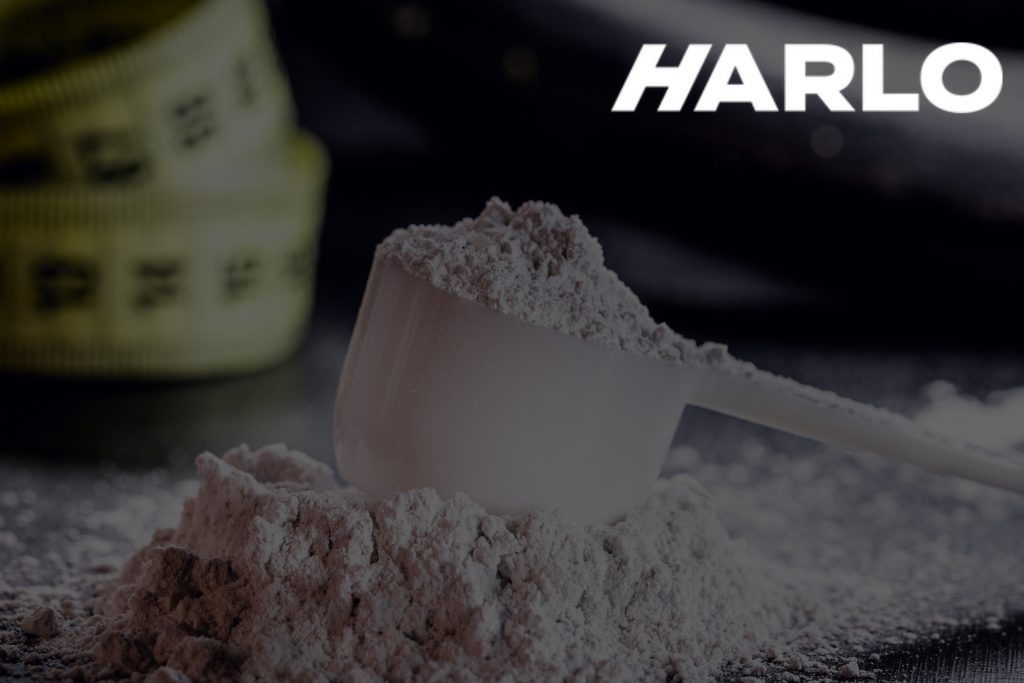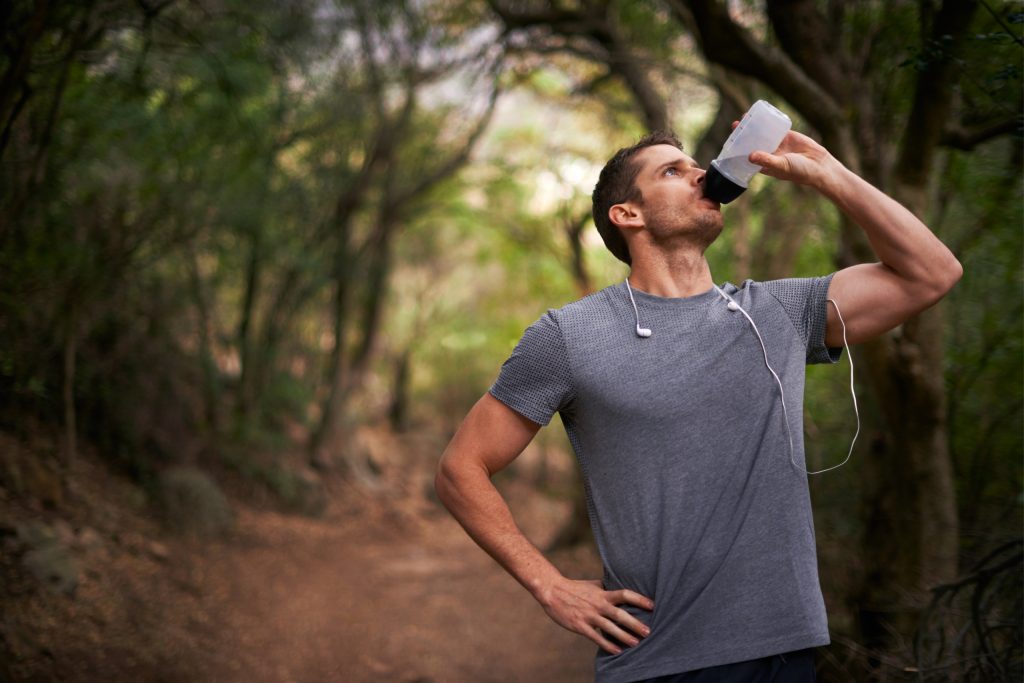
Staying properly hydrated is crucial for athletes looking to optimize their performance. Water is the foundation of life, and for athletes, it acts as a catalyst for success. From enhancing muscular function to regulating body temperature, adequate hydration positively impacts every aspect of athletic performance. However, the importance of hydration extends beyond simply drinking water. It involves understanding the body’s individual needs, recognizing the signs of dehydration, and implementing a customized hydration plan. Whether you’re a seasoned athlete or just starting your fitness journey, ensuring proper hydration will undoubtedly propel you towards peak performance. So, grab a bottle of water and join us as we dive into the world of athleticism and hydration!
Understanding Hydration
Understanding hydration is crucial when it comes to intense workouts and physical activity. Fluid balance plays a significant role in maintaining optimal performance during these activities. When we exercise, our body sweats to cool itself down. Sweating leads to fluid loss, which can result in dehydration if not properly replenished.
During intense workouts, it is important to monitor our fluid intake to ensure we are adequately hydrated. Dehydration can lead to various negative effects such as increased heart rate, decreased blood volume, and impaired cognitive function. These effects can severely impact our ability to perform at our best.
In addition to fluid balance, electrolyte balance is also essential for physical activity. Electrolytes are minerals, such as sodium, potassium, calcium, and magnesium, which play a vital role in various bodily functions, including muscle contraction and nerve impulse transmission.
When we sweat, we not only lose water but also electrolytes. Electrolyte imbalance can result in muscle cramps, fatigue, and decreased performance. Thus, it is crucial to replenish electrolytes alongside fluid intake to maintain proper hydration and enhance performance.
To ensure optimal performance and avoid dehydration, it is recommended to drink fluids before, during, and after exercise. Water is typically sufficient for moderate workouts, but for intense physical activity, sports drinks or electrolyte-enhanced beverages can be beneficial in replenishing both fluids and electrolytes.
Understanding the impact of fluid and electrolyte balance on intense workouts is essential for athletes and fitness enthusiasts alike. By prioritizing hydration and electrolyte replenishment, individuals can optimize their performance, prevent dehydration-related complications, and ultimately reach their fitness goals.
Traditional Sports Drinks vs. No-Sugar Hydration
When it comes to hydration during workouts, it is essential to consider the sugar content in the beverages you choose. Traditional sports drinks are often loaded with sugar, which can lead to a crash in energy levels and even weight gain. On the other hand, no sugar hydration options provide a healthier alternative with fewer calories.
Comparing the sugar content of sports drinks and no-sugar options is eye-opening. Traditional sports drinks can have a high sugar content, typically around 21 grams or more per serving. This excessive sugar intake can lead to a sudden spike in blood sugar levels, followed by a rapid drop, leaving you feeling fatigued and low on energy.
In contrast, no-sugar hydration options offer a preferable choice for those seeking to avoid the negative effects of excessive sugar consumption. These beverages do not contain any added sugars, relying on natural flavors and sweeteners instead. By opting for no-sugar hydration, you can sustain your energy levels without the risk of a sugar crash.
Additionally, it is crucial to consider the sodium content when comparing traditional sports drinks to electrolyte beverages without added sugars. While sports drinks may contain high levels of sodium, electrolyte beverages can provide a healthier balance. These beverages usually have a lower sodium content while still replenishing the essential electrolytes lost during exercise.
Furthermore, paying attention to artificial flavors and ingredient lists is vital for your workout efficiency. Traditional sports drinks often include artificial flavors, colors, and preservatives. These additives can have negative impacts on your overall health and can even hinder your workout progress. Opting for no-sugar hydration options allows you to avoid these potentially harmful ingredients and prioritize your fitness goals.
Benefits of No-Sugar Hydration
No-sugar hydration offers multiple benefits during exercise. One advantage is the avoidance of the negative effects associated with excessive sugar intake. Consuming high amounts of sugar during physical activity can lead to a sudden energy crash, dehydration, and a decrease in performance. By opting for no-sugar hydration drinks, individuals can prevent these negative consequences and maintain a steady level of energy throughout their workout.
Another benefit of no-sugar hydration is the ability to maintain electrolyte balance without unnecessary calories from added sugars. Electrolytes such as sodium, potassium, and magnesium play a crucial role in regulating hydration levels and muscle function during exercise. Traditional sugary sports drinks often contain excessive amounts of calories due to added sugars, which can be counterproductive for those trying to manage their weight or maintain a healthy diet. No-sugar hydration options, on the other hand, provide the necessary electrolytes without the unnecessary calories, allowing individuals to replenish their electrolyte levels without compromising their nutritional goals.
Furthermore, no-sugar hydration allows individuals to customize their drink options based on their preferences and dietary needs. With the availability of sugar-free electrolyte tablets, powders, and natural alternatives such as coconut water, individuals have the freedom to choose the most suitable and enjoyable hydration method for their exercise routine. This personalization avoids the feeling of being limited to sugary options and encourages individuals to remain hydrated throughout their workouts.
Options for No-Sugar Hydration
When it comes to hydrating our bodies, many of us turn to sports drinks that are loaded with sugar. However, there are several alternative options for no-sugar hydration that can keep us energized and replenished without the negative effects of added sugars.
One option for no-sugar hydration is to make your own DIY electrolyte drink. Electrolytes are essential for maintaining proper fluid balance in our bodies, and they can be easily replenished through a homemade electrolyte drink. To make your own electrolyte drink, simply mix together water, a pinch of sea salt, a squeeze of lemon or lime juice, and a natural sweetener like stevia or honey. This homemade electrolyte drink provides all the necessary electrolytes without any added sugars.
Another option for no-sugar hydration is to explore natural alternatives to traditional sports drinks. Coconut water is a popular choice, as it contains natural electrolytes and is low in sugar. Additionally, herbal tea can be a great choice for hydration, as different herbal teas offer different health benefits. For example, peppermint tea can aid digestion, while chamomile tea can promote relaxation.

Conclusion
In conclusion, making the switch to no-sugar hydration for optimal performance is a game-changer for anyone looking to level up their workouts. By ditching sugary sports drinks and opting for healthier alternatives like water, coconut water, or electrolyte-enhanced beverages, you can fuel your body with the essential fluids it needs without the added sugars that can lead to crashes and fatigue.
Not only will you be able to maintain better fluid and electrolyte balance during intense workouts, but you’ll also avoid the negative effects of excessive sugar intake. Whether you choose pre-made electrolyte drinks without added sugars or opt to make your own DIY electrolyte drink at home, there are plenty of options available to help support your athletic performance without unnecessary calories from added sugars.
So next time you hit the gym or head out for a run, remember to reach for a no-sugar hydration option to keep your body performing at its best. Your workouts will thank you for it!




